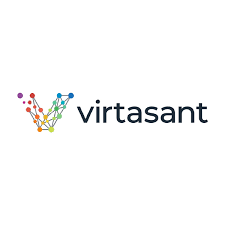 That’s pretty good advice that can be applied to many areas of life, from debating the merits of an all-you-can-eat buffet to seeing how high you can get the speedo to go on an (apparently) empty stretch of motorway.
That’s pretty good advice that can be applied to many areas of life, from debating the merits of an all-you-can-eat buffet to seeing how high you can get the speedo to go on an (apparently) empty stretch of motorway.
But in this case, we’re talking about customization, something that is normally lauded as a positive in the telecoms space.
Not when it comes to software, according to public cloud specialist TelcoDR. The firm’s CEO and founder Danielle Royston (DR) is calling on telecoms operators to quit asking for software to be customized, because ultimately, it’s detrimental to their businesses.

“Just because you CAN modify software to do something, doesn’t mean you SHOULD modify the software,” DR says. The thrust of her argument is pretty straightforward: customization means higher cost, slower installation, and a poorer-performing product that is less robust.
It sounds simple, but we’re talking about telecoms operators here, with decades of legacy thinking to alter. It is the telco’s modus operandi to put in change requests for software, asking the vendor to alter their version of the installed software to add a special feature, change the workflow to exactly match an existing process, or similar. Telcos like doing things the way they have always done them, but this comes at a cost and needs to change.
There are new software providers coming that are going to drive all of these inefficiencies and costs out of the telecom industry
Instead of customizing, telcos could select vendors that provide flexible frameworks, so that non-technical people can use business logic to implement ideas in minutes, not months, DR advises telecoms operators. “Stay as close as possible to the product roadmap and reduce the upgrade complexity so you can receive new innovative features as quickly as your vendor can deliver them,” she adds. Staying “lean and mean…will create operational speed like you’ve never seen in telco.”
Change is afoot that could benefit the telco community, if it is able to change its ways, DR says. She describes it as a revolution that is just around the corner, in the form of the public cloud and SaaS applications, with multi-tenant systems that are centrally managed and provided as-a-service.
“There are new software providers coming that are going to drive all of these inefficiencies and costs out of the telecom industry and replace them with a speed of delivery heretofore unheard of,” DR predicts. “BUT you’re going to have to give up your crazy customizations.”















